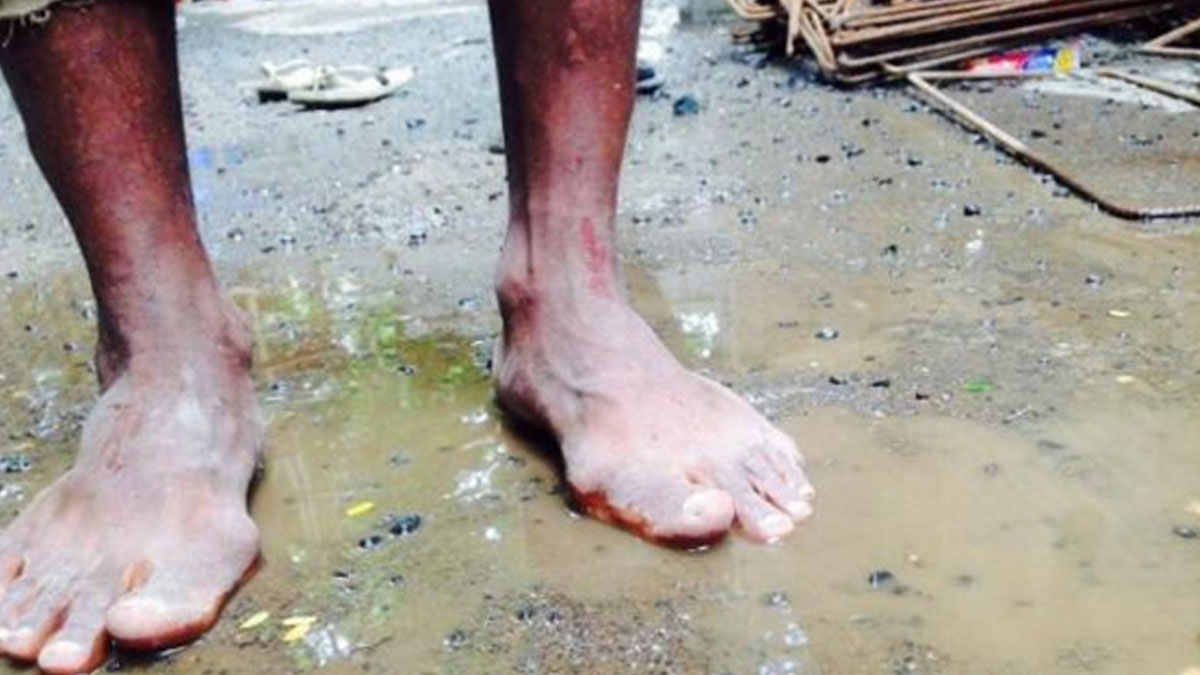
31 cases of Leptospirosis have been confirmed from Kadavu in the first 6 months of this year where one person has died.
The health Ministry says there have been 72 suspected cases, 49 admissions and 15 critically ill patients transferred for further care at the CWM Hospital.
Divisional Medical Officer Eastern Dr Sravaniya Dasi says they are concerned about the increase in leptospirosis cases in Kadavu.
She says they are urging residents to take precautions to protect themselves from leptospirosis and to present themselves early to the nearest health facility to prevent serious disease and death.
The Health Ministry says a surge response team consisting of a medical officer and two health inspectors were deployed two weeks ago to assist with the leptospirosis outbreak.
They say the team has been working with local health officials to provide awareness and outreach to residents, as well conducting testing and contact tracing.
Provincial Administrator Kadavu is leading the civil servants by sending teams for awareness and health advocacy.
The Ministry says schools in Kadavu are supporting the program by reporting students who are ill and also alert authorities on absenteeism of students and teachers as part of disease surveillance. They say community health workers are assisting in community based surveillance by reporting sick persons.
One Health approach is used to manage the leptospirosis outbreak in Kadavu which includes the identification and treatment of infected individuals, as well as implementing measures to prevent further spread of the disease.
They say the Ministry for Agriculture is helping in these efforts by identifying and testing diseased animals.
Communities are urged to have proper fences for their livestock, and contact Ministry of Agriculture officials if they have sick animals.
Leptospirosis is caused by bacteria that are found in the urine of infected animals, such as rodents, dogs, and livestock.
Humans can become infected through contact with contaminated water, soil, or mud.
The bacteria can also enter the body through breaks in the skin, such as cuts or scratches.
The symptoms of leptospirosis can vary from mild to severe, and can include fever, headache, muscle aches, chills, vomiting, and diarrhea.
In some cases, the disease can lead to more serious complications, such as kidney failure, liver failure, and respiratory problems.
Stay tuned for the latest news on our radio stations

